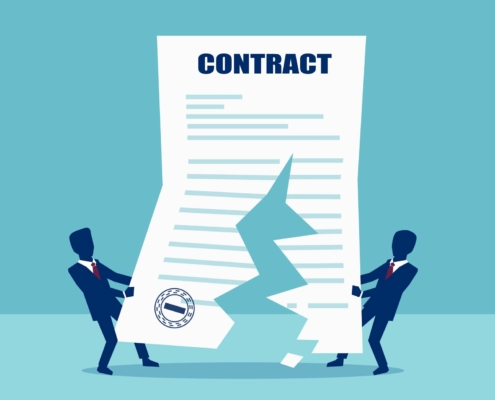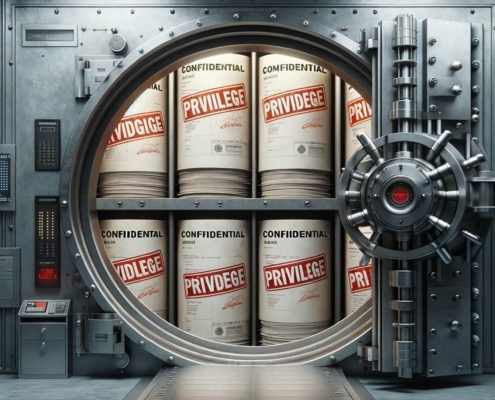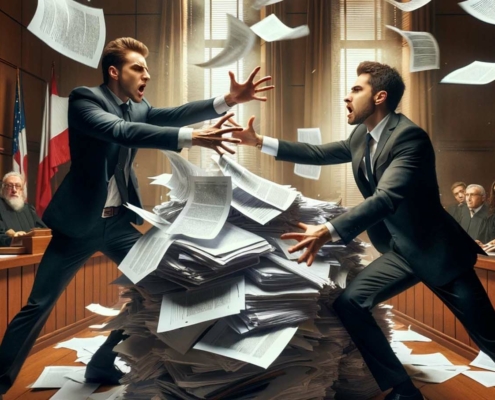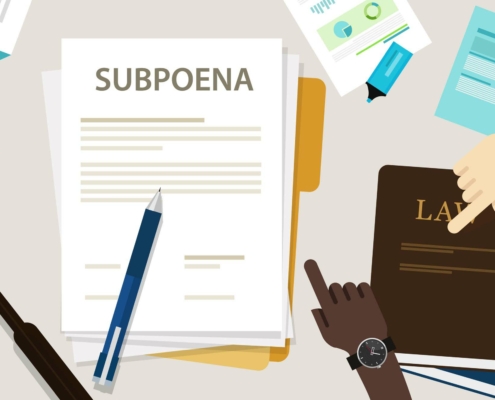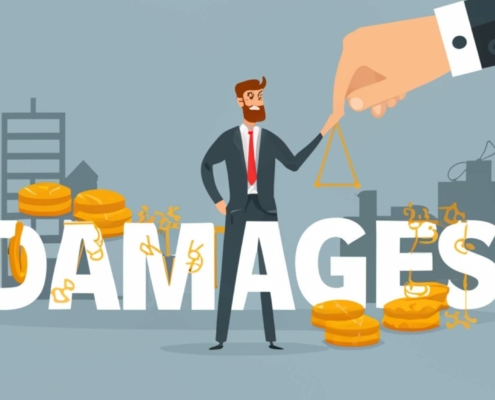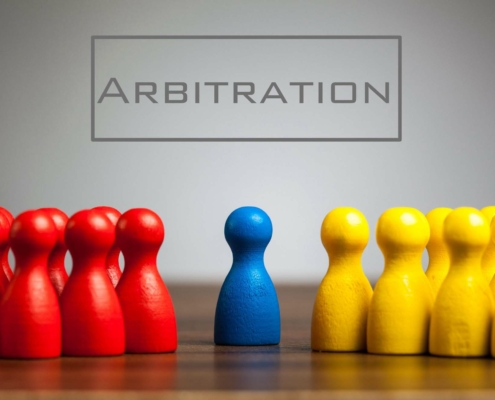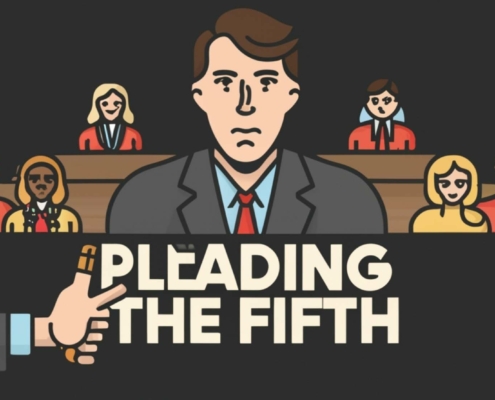It has become more and more common for relevant evidence to be destroyed, especially in the case of digital files. Failure to preserve ESI complicate lawsuits, leading to increases in cost and time. Punishment for destroying relevant evidence involves “discovery sanctions.” Discovery sanctions might result in the following actions:
- Certain facts must be taken as true
- The disobedient party is prevented from supporting or disagreeing with certain claims
- Pleadings will be partly or wholly dismissed
- A default judgment will be issued against the disobedient party
- Fines will be issued against the lawyers and/or clients
- Evidence might be excluded
What If I Don’t Receive a Litigation Hold Letter?
Different events may trigger a party’s responsibility to preserve certain documents and ESI. A Litigation Hold Letter is an obvious directive, meaning it very clearly orders a party to keep safe certain information. When it’s in writing, there’s little doubt!
Sometimes, however, the instruction to preserve documents and ESI may be more subtle. For instance, management at a company may be talking about harassment or a hostile environment. There may also be a government investigation into an organization’s finances. Even when the threat of a lawsuit is only implied, or otherwise not clear, that threat may still trigger the responsibility to preserve information.
How Do You Respond to a Litigation Hold Letter?
First, it is important not to delay action. Even a delay of a few days may result in the loss or destruction of relevant evidence. Down the line, this may lead to harmful discovery sanctions. You and your lawyer should immediately set about protecting the necessary data.
If you receive a Litigation Hold Letter from an opponent, you should also respond in writing, telling the other party the steps you are taking to preserve the required documents and ESI. If you feel that the scope of their request is too broad, you may say so in your letter. This communication may prove helpful in the event of a future lawsuit. It means that your adversary must defend the framework of their request.
Depending on the Litigation Hold Letter you receive, and its scope, it may be difficult to know what information could be called relevant. You may wonder if you should go to the trouble of preserving everything, just to be safe. Fortunately, the courts have said the responsibility to preserve information is not unlimited. You are not required to preserve every single paper or email. The burden is on the other party to be specific in asking for documents, and not just saying “whatever is relevant.”
In the event of a Litigation Hold Letter, all key members of the receiving organization should be notified. They should also be reminded of the potential consequences of inaction. Consider all sources of data, including email, text messages, hard drives, laptops, etc. It is essential to have a good understanding of your company’s data organization so that you will know the location of various documents and ESI.







